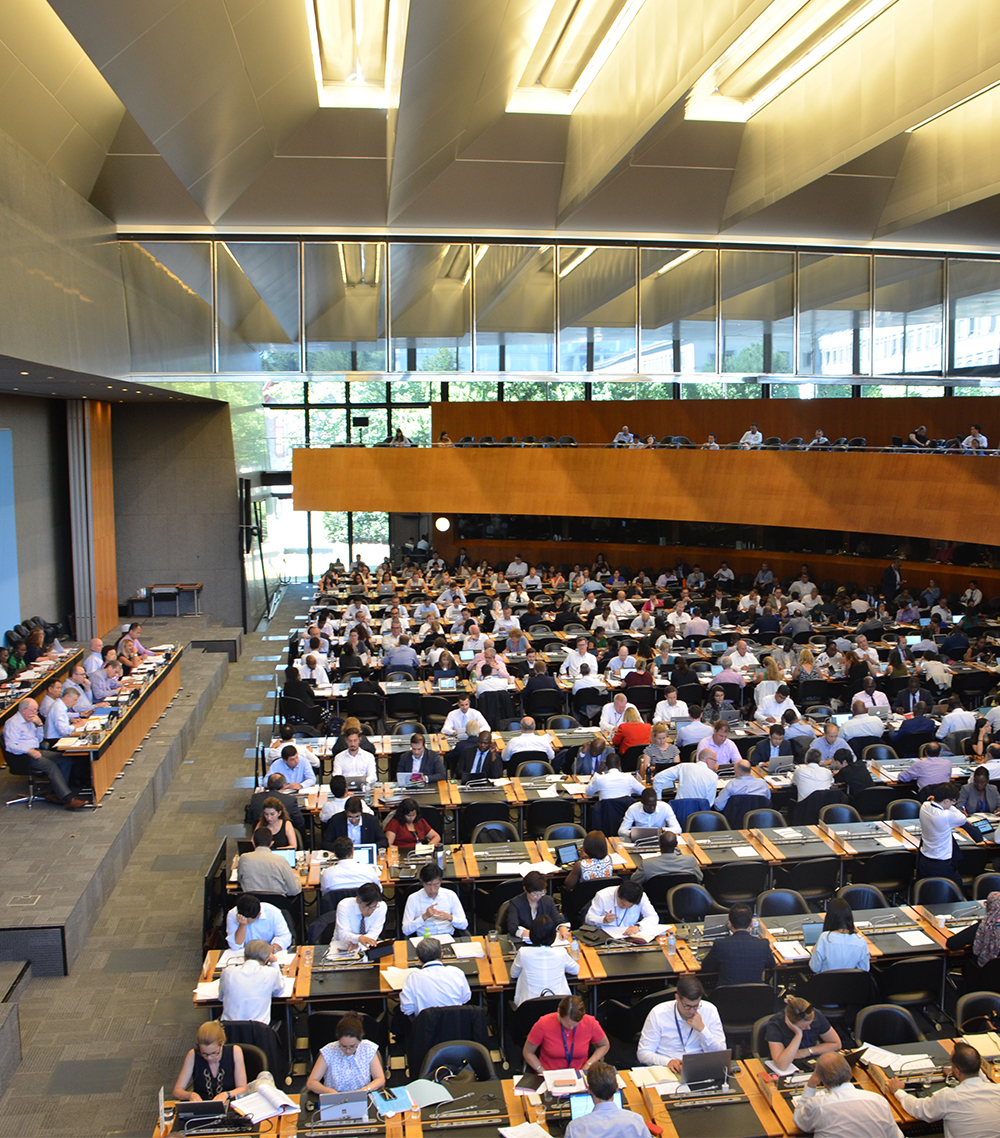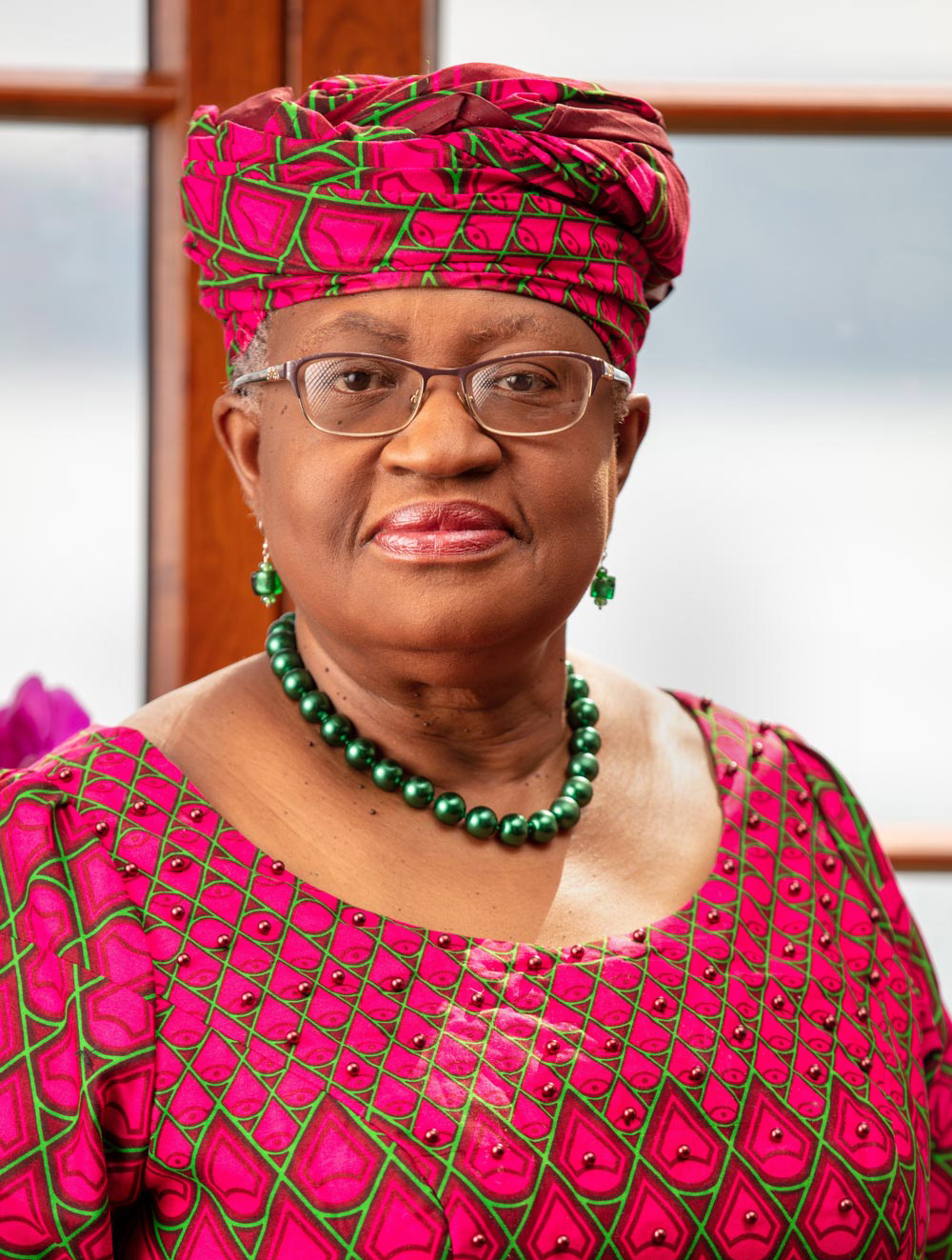Who we are
The WTO is run by its member governments. All major decisions are made by the membership as a whole, either by ministers (who meet at least once every two years) or by their ambassadors or delegates (who meet regularly at the WTO's headquarters in Geneva). Decisions are normally taken by consensus.

Membership
The WTO has 166 members, accounting for 98% of world trade. All members have joined the system as a result of negotiation and therefore membership means a balance of rights and obligations. Over 20 countries are negotiating to join the organization.
How the organization is structured
Unlike some other international organizations, such as the World Bank and the International Monetary Fund, power is not delegated to a board of directors or the organization’s head.
The WTO’s main decision-making body is the Ministerial Conference, which meets usually every two years. Below this is the General Council, which meets several times a year in Geneva.
The General Council acts on behalf of the Ministerial Conference in between ministerial conferences. It meets as the Dispute Settlement Body to oversee procedures for settling disputes between members and as the Trade Policy Review Body to analyse members’ trade policies and practices.
Numerous councils, committees, working groups and working parties deal with the individual WTO agreements and other specific issues, such as the environment, development and membership applications.

WTO Secretariat
The WTO has approximately 630 staff on its regular budget and is headed by a Director-General.
The main duties of the Secretariat are to support the WTO's various councils and committees, to provide technical assistance to developing countries, to monitor and analyse developments in world trade, to provide information on WTO activities and to organize ministerial conferences. The Secretariat also provides legal assistance in the dispute settlement process and advises governments wishing to join the WTO.
Secretariat staff include individuals representing about 80 nationalities. It is composed mostly of economists, lawyers and specialists in international trade policy, communications, statistics, language services and other areas. The working languages of the WTO are English, French and Spanish.
Budget
The WTO derives most of the income for its annual budget from contributions by its members. These contributions are based on a formula that takes into account each member's share of international trade.
Director-General

Dr Ngozi Okonjo-Iweala is the seventh Director-General of the WTO. She took office on 1 March 2021, becoming the first woman and the first African to serve as Director-General.
Fact File
Location: Geneva, Switzerland
Established: 1 January 1995
Created by: Uruguay Round negotiations (1986-94)
Membership: 166 members representing 98 per cent of world trade
Budget: 205 million Swiss francs for 2024
Secretariat staff: 623
Head
Ngozi Okonjo-Iweala (Director-General)
"Our organization faces many challenges but working together we can achieve a stronger, more inclusive trading system."
DG Okonjo-Iweala
Functions:
- Administering WTO trade agreements
- Forum for trade negotiations
- Handling trade disputes
- Monitoring national trade policies
- Technical assistance and training for developing countries
- Cooperation with other international organizations